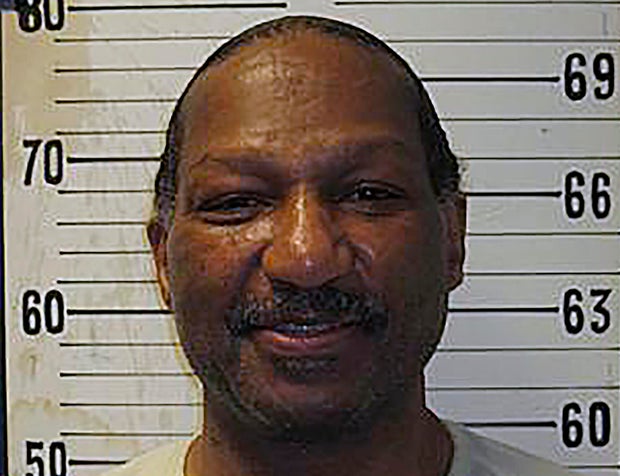
NEW YORK — Ghislaine Maxwell told a federal judge Tuesday that she opposes the Justice Department’s effort to unseal grand jury transcripts in her case, which she described in court papers as a “broad intrusion into grand jury secrecy.”
Maxwell’s opposition makes it less likely that a judge will agree to unseal any of the material, which would likely add little to the public’s understanding of the matter even if it were to be disclosed. In a court filing Monday night, the Justice Department said that “much” of the information in the grand jury testimony has already been made public, in part through Maxwell’s trial.
Maxwell said she opposes the unsealing largely because she is appealing her 2021 conviction on sex trafficking charges for aiding and participating in the sexual abuse of minors by her onetime boyfriend Jeffrey Epstein, who died by suicide in jail in 2019 while awaiting trial. Her appeal is pending before the Supreme Court.
“Given that she is actively litigating her case and does not know what is in the grand jury record, she has no choice but to respectfully oppose the government’s motion to unseal it,” her lawyers, David Oscar Markus and Melissa Madrigal, wrote.
The Justice Department requested the unsealing in both the Maxwell and Epstein cases as a way to fend off fierce criticism from President Donald Trump’s MAGA base after the administration decided against releasing the so-called Epstein files. As part of that effort to quell the backlash, a top Justice Department official also interviewed Maxwell, who is serving a 20-year prison sentence, over the course of two days late last month.
Those steps, however, have been seen as largely futile. The grand jury transcripts represent only a tiny fraction of the investigative files — and, as the Justice Department said, contain mostly public information. The Justice Department has also said that Maxwell isn’t a credible witness.
Meanwhile, Maxwell has seized on the spotlight, publicly advocating for a pardon and, days after her interviews, receiving a transfer to a less restrictive prison.



